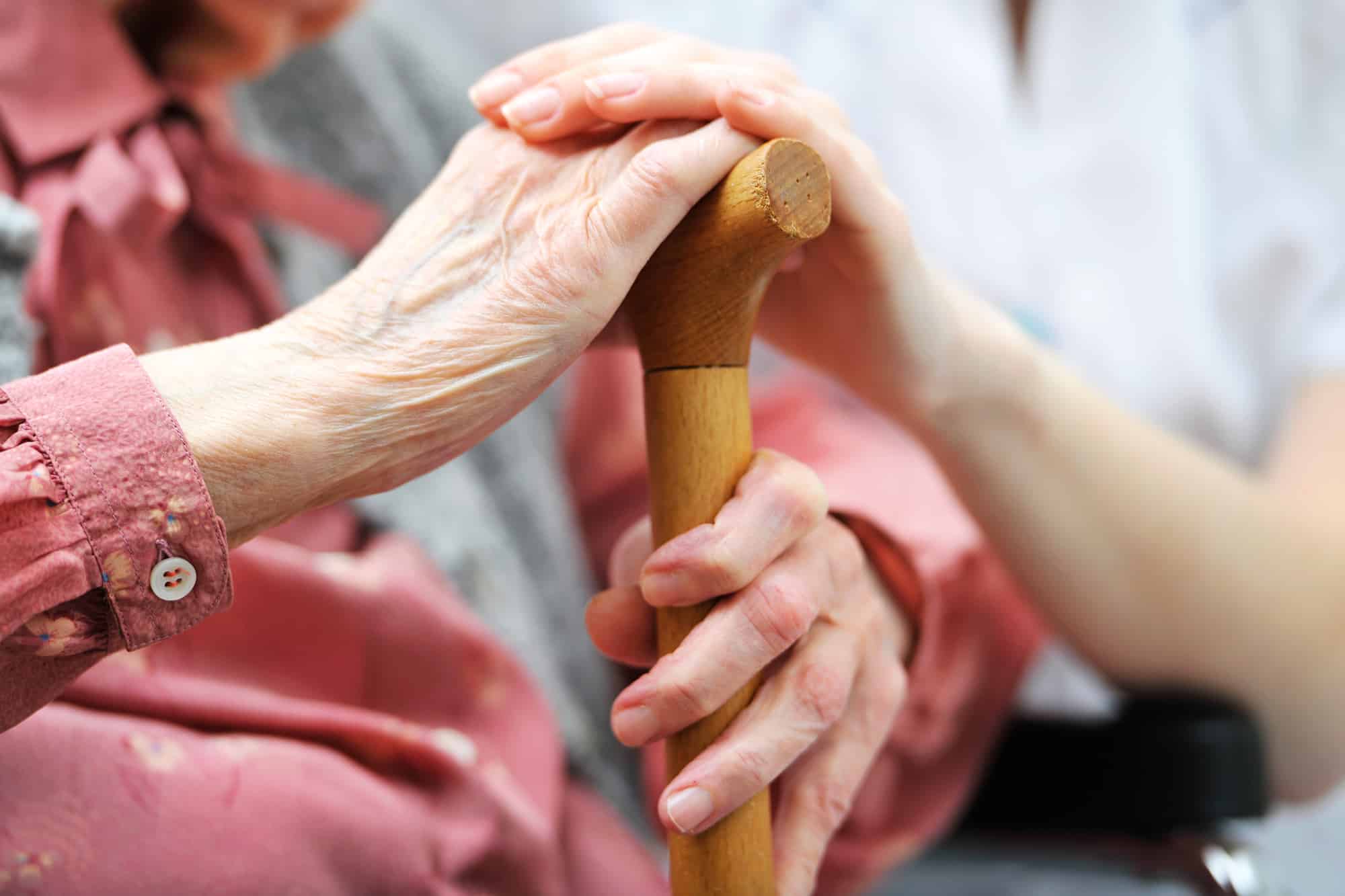Secret Factors To Consider for Families When Picking Appropriate Elder Treatment Solutions for Their Aging Loved Ones
Picking ideal senior treatment options for maturing family members is a nuanced process that calls for careful factor to consider of numerous variables. Households need to begin by evaluating the unique needs of their loved ones, taking into consideration case histories, emotional health, and individual preferences. The evaluation of readily available treatment optionsâEUR" ranging from in-home aid to specialized facilitiesâEUR" needs to be balanced with an understanding of economic effects and security concerns. As family members navigate these complex selections, the function of open interaction and partnership can not be overstated, yet several ignore vital elements that can dramatically influence the outcome.
Assessing Person Needs

Additionally, emotional and social needs play a considerable role in the health of elders. An assessment needs to take into consideration the individual's desire for social involvement, hobbies, and support group. Family dynamics and the availability of informal caretakers should additionally be factored right into the formula, as they can influence the kind of treatment that is most suitable.
Examining Treatment Options

In-home care offers the advantage of acquainted environments and personalized attention, which can boost convenience and psychological health. Conversely, helped living centers offer an organized atmosphere with access to on-site healthcare and social activities, fostering area interaction. Retirement home deal with those calling for extensive clinical supervision, while adult day care programs allow seniors to participate in social activities throughout the day, offering break for household caregivers.
It is vital to analyze the team certifications, facility licensing, and readily available services in each choice. Furthermore, households should seek feedback from present citizens or clients and review the total reputation of the treatment suppliers. Ultimately, choosing the right treatment option is a pivotal decision that must reflect a balance in between the senior's requirements, safety, and quality of life.
Understanding Costs and Budget
Browsing the economic landscape of elderly care can be intricate, as numerous options featured differing costs that can significantly impact a family members's spending plan. Understanding these costs is important for families to make educated decisions concerning look after their aging family members.
Common elderly care services consist of at home care, assisted living facilities, and nursing homes, each with its own prices framework. In-home treatment typically charges by the hour, while assisted living frequently includes monthly lease plus added service charges.
Moreover, households must evaluate their funds, including insurance protection, federal government support programs, and individual cost savings. Long-term treatment insurance coverage might cover specific services, which can minimize some economic worries. Producing a detailed this post budget plan that outlines expected expenditures can help family members identify the most appropriate treatment remedy while ensuring they continue to be within their monetary ways. By thoroughly comprehending the expenses connected with each alternative, families can better browse this vital element of senior care planning.
Ensuring Safety And Security and Safety
Making sure the security and safety and security of seniors is extremely important in any treatment setup, as their susceptability commonly calls for elevated interest and safety measures. Households must evaluate the physical atmosphere of prospective treatment centers, looking for attributes such as secure entries, well-lit hallways, and easily accessible emergency exits. Furthermore, the visibility of safety and security tools, such as grab bars and non-slip flooring, can significantly minimize the risk of mishaps.
Background checks on employees also make certain that locals are cared for by reliable individuals. Keeping an eye on systems, individual emergency feedback systems (PERS), and fall discovery devices offer peace of mind for households and immediate assistance for seniors.
Finally, open interaction channels between families and care carriers are essential. Routine updates concerning the health of elders, in addition to a clear approach to care plans, can foster trust fund and make sure that safety and security remains a central emphasis in the treatment provided. By prioritizing these elements, family members can make enlightened choices that protect their aging family members.
Involving Family Members in Decision-Making

Households need to start by openly interacting regarding the various care solutions offered, such as at home care, helped living, or nursing centers. It is necessary to examine the particular demands of the aging loved one, including clinical requirements, wheelchair, and social interaction. By including all appropriate relative, different viewpoints and insights can be collected, bring about more enlightened decisions.
Furthermore, household participation assists in recognizing potential caretakers and developing a support network. Normal family members conferences can assist in recurring conversations and adjustments as demands transform, allowing family members to read this stay receptive to the developing situations of their enjoyed one. Inevitably, a collective decision-making procedure encourages a feeling of shared obligation and makes sure that the selected care option straightens with the family's vision for their aging loved one's well-being and self-respect.
Verdict
In final thought, selecting appropriate senior care remedies requires an extensive evaluation of individual needs, available care options, and associated prices. Prioritizing safety and security within the living setting and fostering family members involvement in decision-making processes better improves the efficiency of care. By straightening care selections with the aging relative's case Clicking Here history, emotional demands, and personal choices, families can develop an encouraging network that promotes well-being and sensible living for their enjoyed ones in their later years.